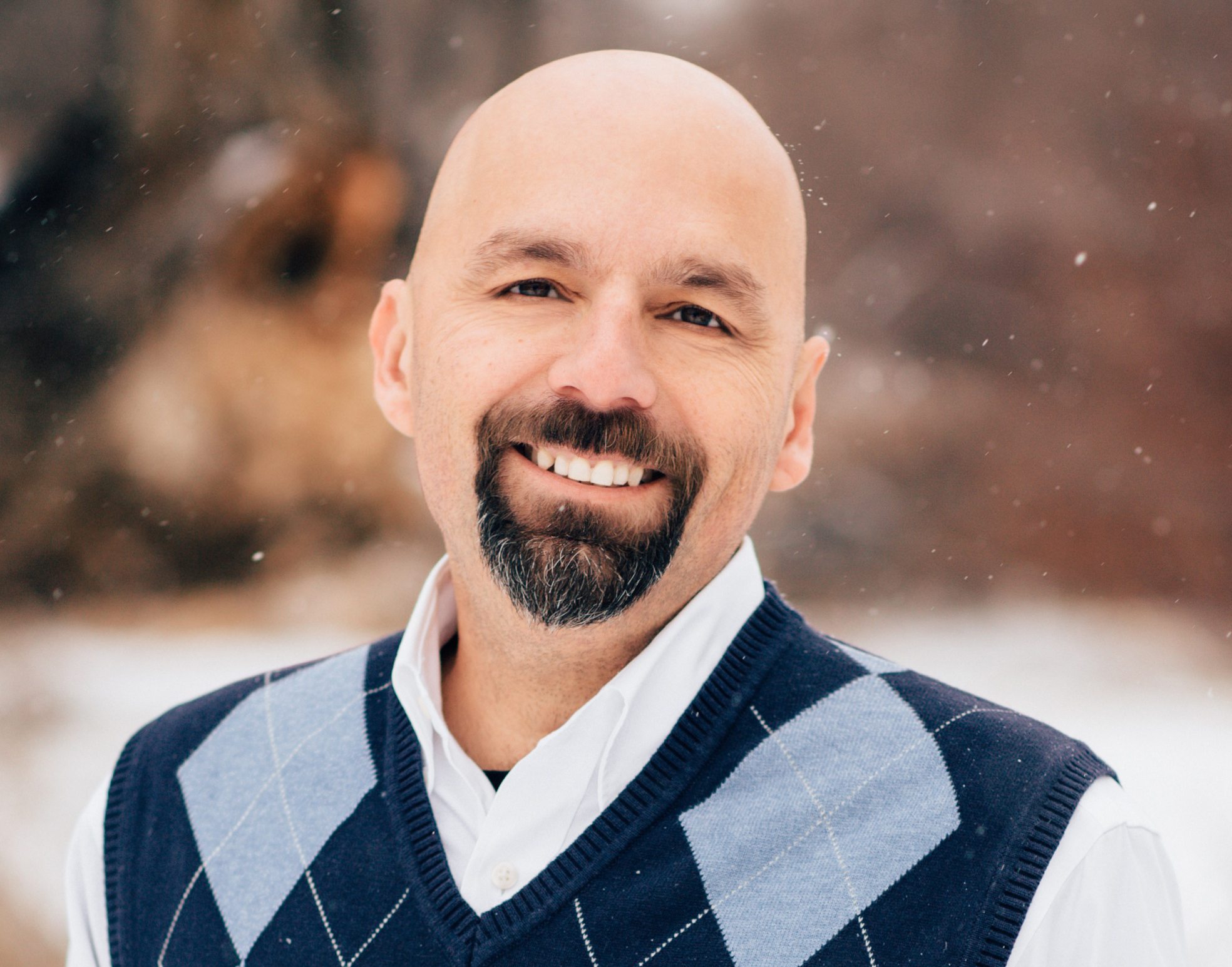By Henry Sotelo
What is Due Process? In the field of law, this legal term is simply defined as “notice and opportunity to be heard.” This term and the legal philosophy behind it means that any person involved on one end or the other of a legal proceeding is allowed, by right, their “day in court.” As Americans, we instinctively value this concept.

Perfect, simple and easy, right? Hold on, it is great that you can get your day in court; however, having the right to be in Court is different than being properly represented in Court. In the area of Criminal Law, it is well established that being accused of a crime triggers the right to be represented by a lawyer.
However, the same is not true if you are involved in a Civil Law case. In other words, being sued by the government, a business, or a person (including most Family Law matters) does not initiate that all important “Right to Counsel” that Criminal defendants are allowed.
This means that in most cases the rest of us will have to find and hire an attorney for non-criminal matters. Lawyers can be expensive. There are lawyers willing to do some Pro-Bono (or unpaid) work. In our
If you can’t afford a lawyer, you end up going it alone. “
In the 25-plus years that I have been practicing and teaching the law, I have witnessed how non-legal folks get overwhelmed by the idea of the law, being in court, or having to figure out how to approach a legal problem. I have tried to do my very small part to help these folks: giving free advice, teaching non-lawyers how to find, read, and communicate the law, and directing folks to places and people that can help them with their legal issues.
It is in this spirit I am writing this column. My hope is that I can help educate, inform and empower non-lawyers to seek out the answers to their legal issues. I will address legal issues and questions that folks provide to me and answer them in future columns in a way that can help not only those particular
Email me your legal queries, be as detailed as you can about the issues, do not use last names. I will address those legal issues that I feel will have the most impact over the This Is Reno readership.
I will attempt to give appropriate direction and advice. However, I will not become your personal attorney. You should always consult with an attorney of your own. In most cases, that is the best way to access the legal process. This column is meant to educate, not represent.
Let us begin.
Henry Sotelo, Esq.
Henry Sotelo is a practicing attorney in Northern Nevada. He has been a licensed attorney in Nevada since 1987, practicing mostly in the area of Criminal Law. Sotelo has been teaching the law to people in Northern Nevada for 17 years at Truckee Meadows Community College as a full-time College Instructor. Sotelo currently is serving as one of the City of Reno Legal Defenders doing criminal law defense and serving on two of Reno Municipal Court’s Specialty Courts: The DUI Therapeutic Specialty Court and the CAMO-RENO Veterans Court. Sotelo is currently serving as a City of Reno Administrative Hearing Officer.
Additionally, Sotelo serves on the City of Reno Human Rights Commission and the Washoe County Behavioral Health Board. Sotelo donates legal hours to the Domestic Violence Resource Center on a monthly basis.
Sotelo is looking forward to a vacation soon.
Submitted opinions do not necessarily reflect the views of This Is Reno. Have something to say? Submit an opinion article or letter to the editor here.

